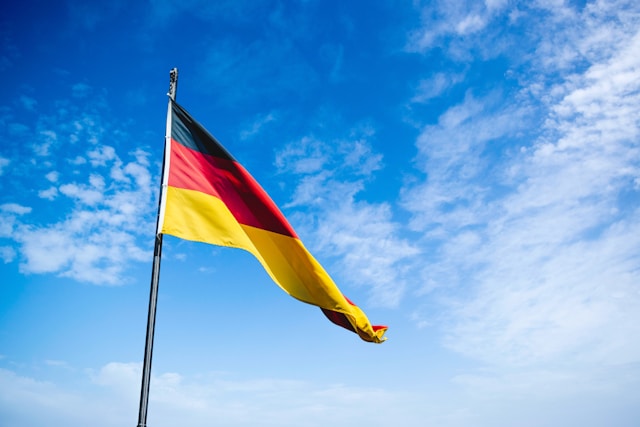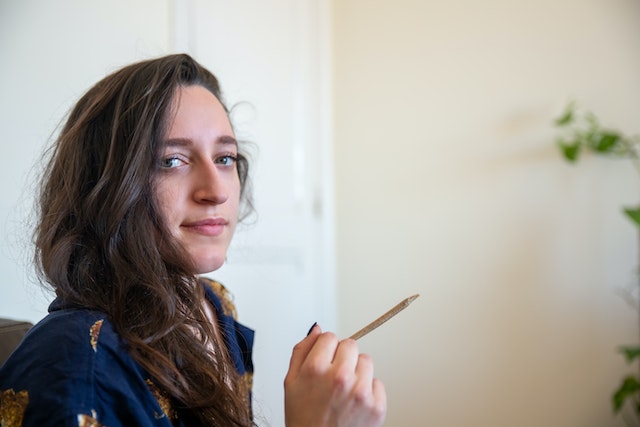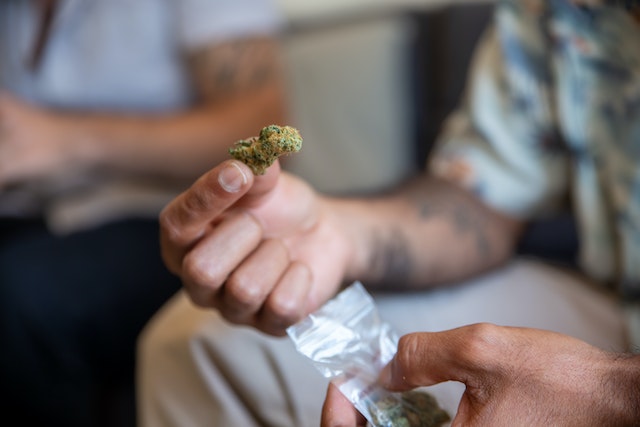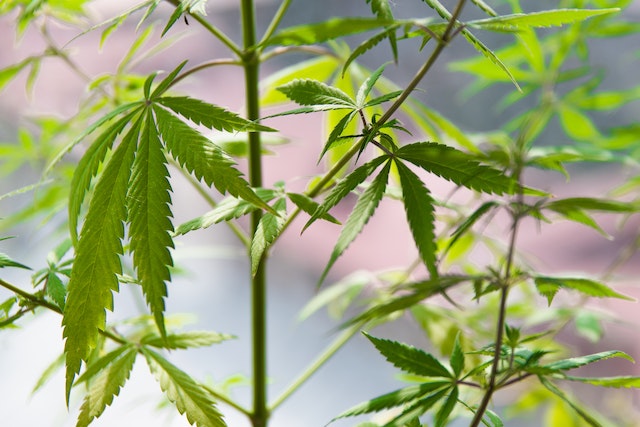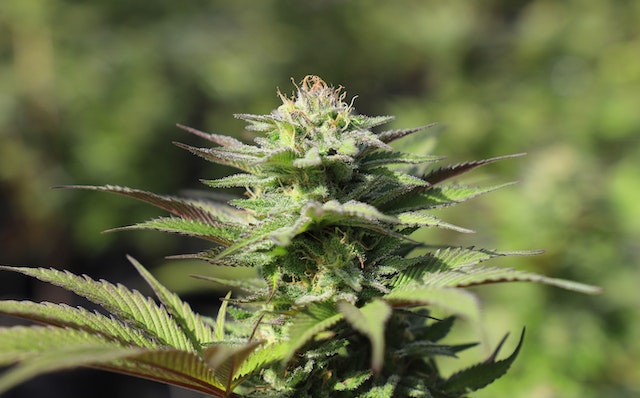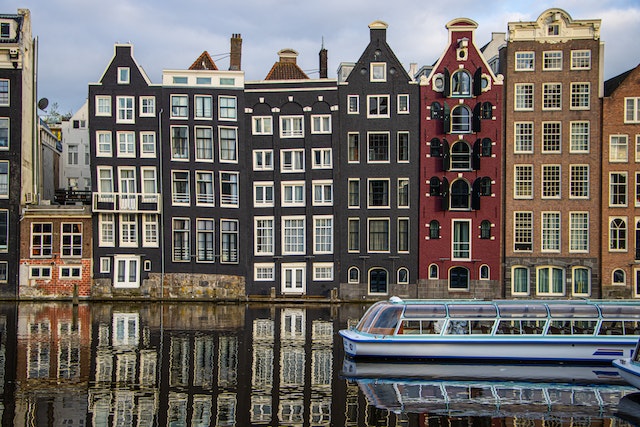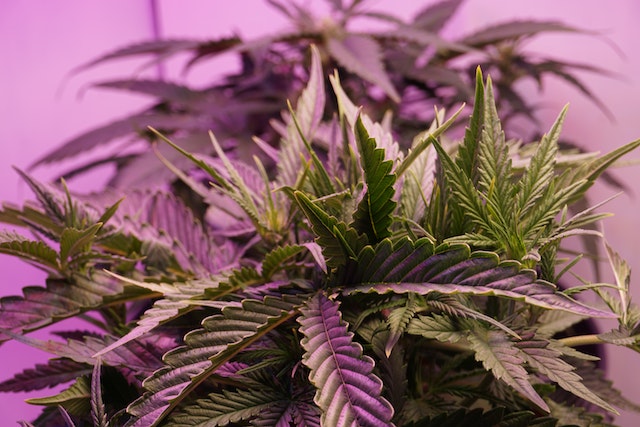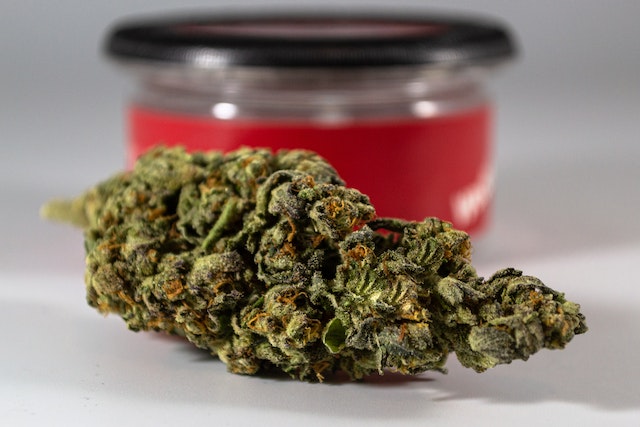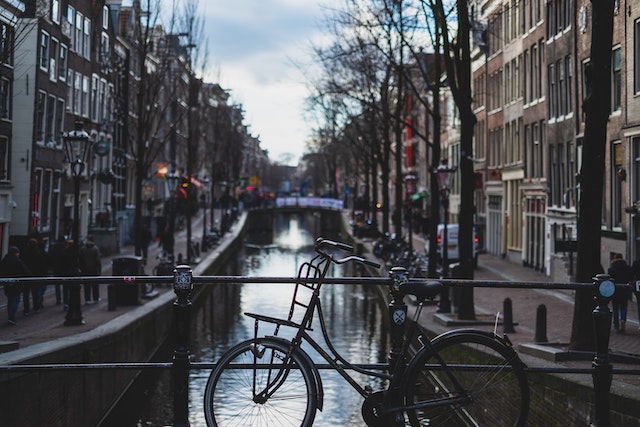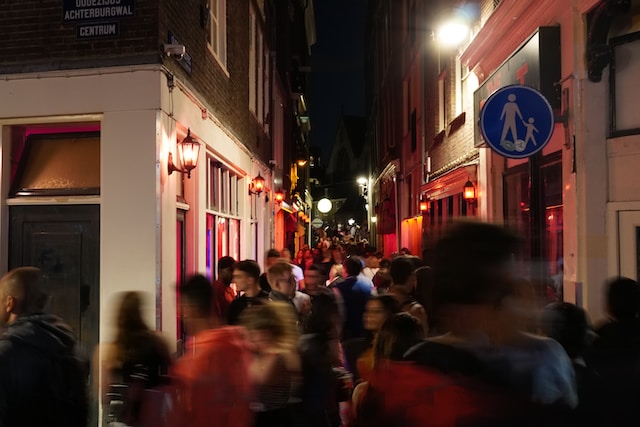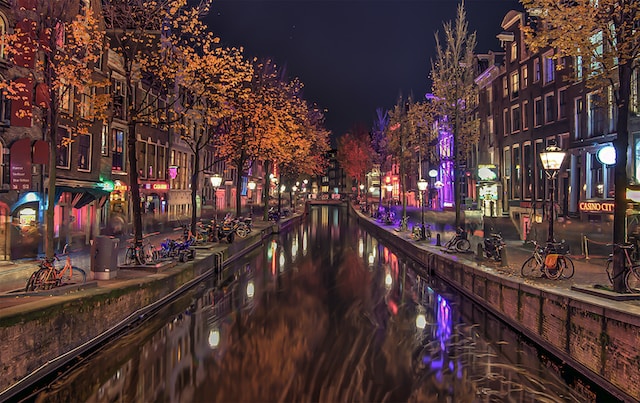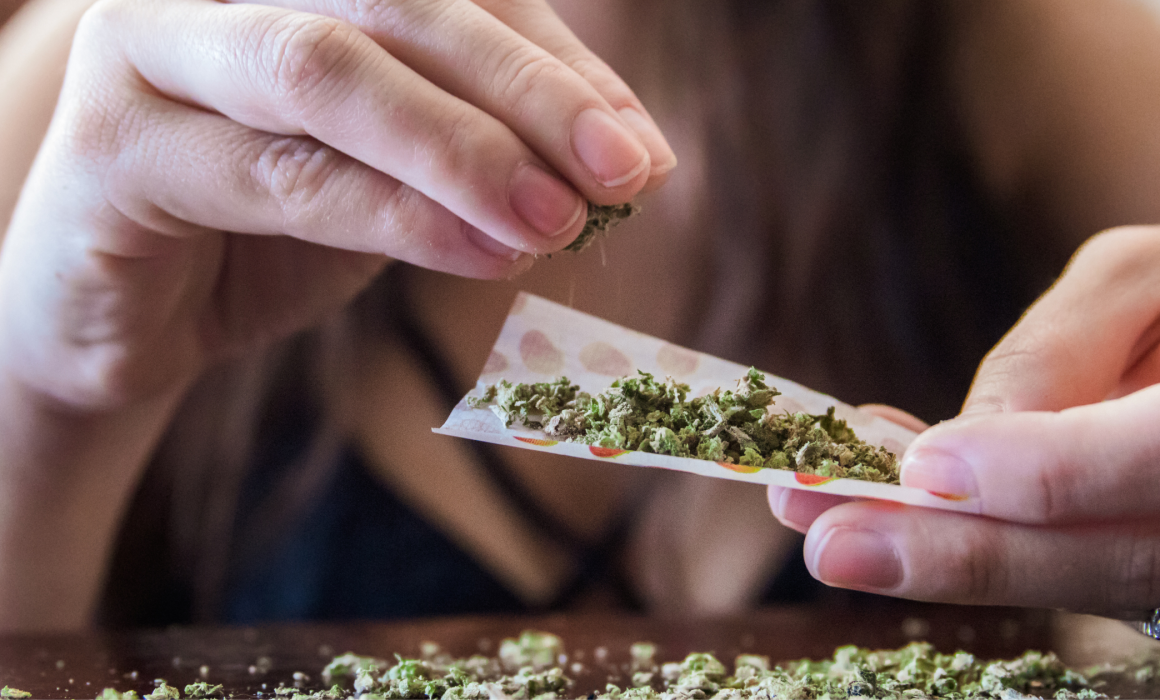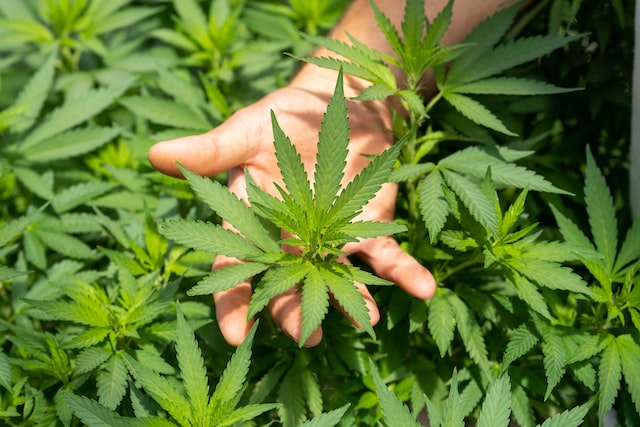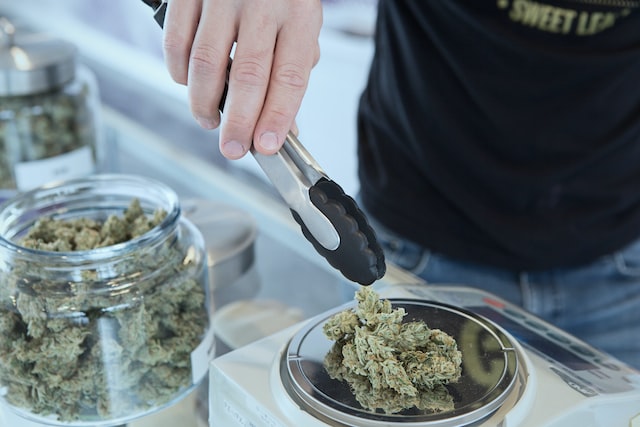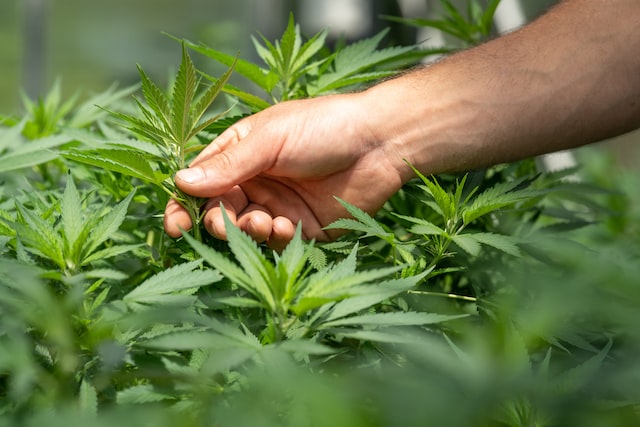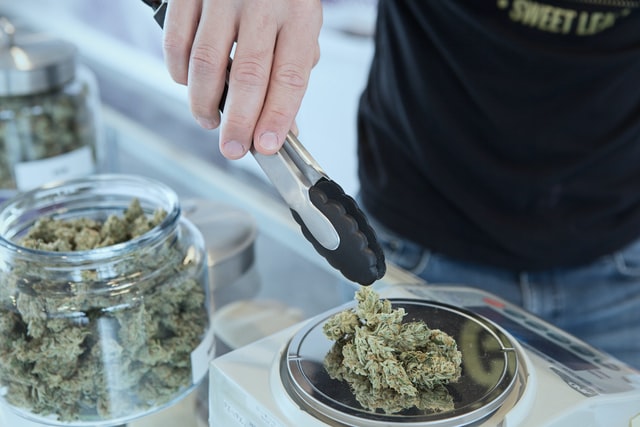Germany takes groundbreaking step in cannabis legalization: A comparison with the Netherlands
In a recent development, Germany’s parliament has given the green light to a new law for cannabis legalization. This puts Germany in a more progressive position than the Netherlands. Indeed, in our country, cannabis is still officially illegal and only tolerated. Machteld Busz, director of Mainline, a foundation aimed at preventing harm from drug use, now sees Germany as a possible role model for the Netherlands. But exactly what regulation does Germany make when it comes to cannabis? We went to investigate.
Legalization in Germany: An overview
Although medicinal cannabis has been available by prescription in Germany since 2017, recreational use was prohibited until now. The new law, which takes effect April 1, legalizes cannabis under specific conditions. For example, adults in Germany are allowed to use a maximum of 25 grams of cannabis on the street, with the exception of areas near schools, sports fields and shopping centers. In addition, in our neighboring country, you may keep a maximum of 50 grams of cannabis at home, and you are allowed to grow three cannabis plants at home.
Cannabis social clubs and their role
As of July 1, “cannabis social clubs” will open their doors, membership in which is mandatory. But note that these are not coffee shops as we know them in the Netherlands. Only members have the right to grow cannabis plants and purchase weed at the social clubs.
Moreover, these clubs may have a maximum of 500 members. They are also not allowed to make a profit. One obvious difference from the Netherlands is that Germany will not allow coffeeshops. This makes the regulated social clubs the only legal outlets for marijuana. It is important to note that these clubs will be exclusively open to residents of the country.
Restrictions on cannabis legalization in Germany
Despite these remarkable steps toward legalization, cannabis users in Germany are not completely free. Some proposed laws for further legalization were rejected. Critics express concern that the new law could encourage cannabis use among young people. This would have potential negative effects on their development.
Political debates and minimum age
In response to these concerns, some German policymakers are advocating raising the minimum age for buying cannabis to 21, instead of 18. At the same time, the German government is considering decriminalizing the use of cannabis. This would give police more room to focus on serious crime.
Supporters believe in government regulation
Supporters of the law believe government regulation will reduce the black market and reduce crime. They feel this could better protect marijuana users from harmful substances and pesticides. In the Netherlands, the tolerance policy is seen as half legalization. This leads to problems, according to critics, since there is no clear separation between legal and illegal practices.
The Dutch cannabis experiment: A search for regulation
The Dutch cannabis experiment, started in Tilburg and Breda, in which 14 coffee shops receive legal cannabis under government supervision, aims to examine the effects of regulated cannabis production on crime and public health.
Experts highlight problems in the Netherlands
While Germany deliberately did not take a cue from the Netherlands, where legalization of drugs is not considered successful, experts point to the problems in the Netherlands arising from the tolerance construction. They stress that problems do not necessarily arise from legalization, but rather from inadequate regulation.
Emeritus professor of criminal law Theo de Roos mentions the backdoor problem in the Netherlands, where coffee shops are allowed to sell cannabis, but producers are not allowed to supply it to them. This results in a lack of control over production, which Machteld Busz of Mainline says has led to large-scale delivery of marijuana by large producers into the criminal circuit.
Germany as possible example for the Netherlands
The question arises whether Germany can be an example for the Netherlands with its new law. The Netherlands, where the process of legalization is hindered by different interests and parties in the cannabis market, could possibly learn from Germany’s approach.
Nevertheless, practice in Germany must show how effective their approach is and whether the Netherlands can actually learn lessons from these developments. It is clear that both countries are looking for ways to regulate cannabis use and minimize its harmful effects, albeit with different approaches and outcomes.
High quality at The Border
Longing for good quality cannabis in the capital? Then visit The Border, the coffee shop next to Amsterdamse Bos.



